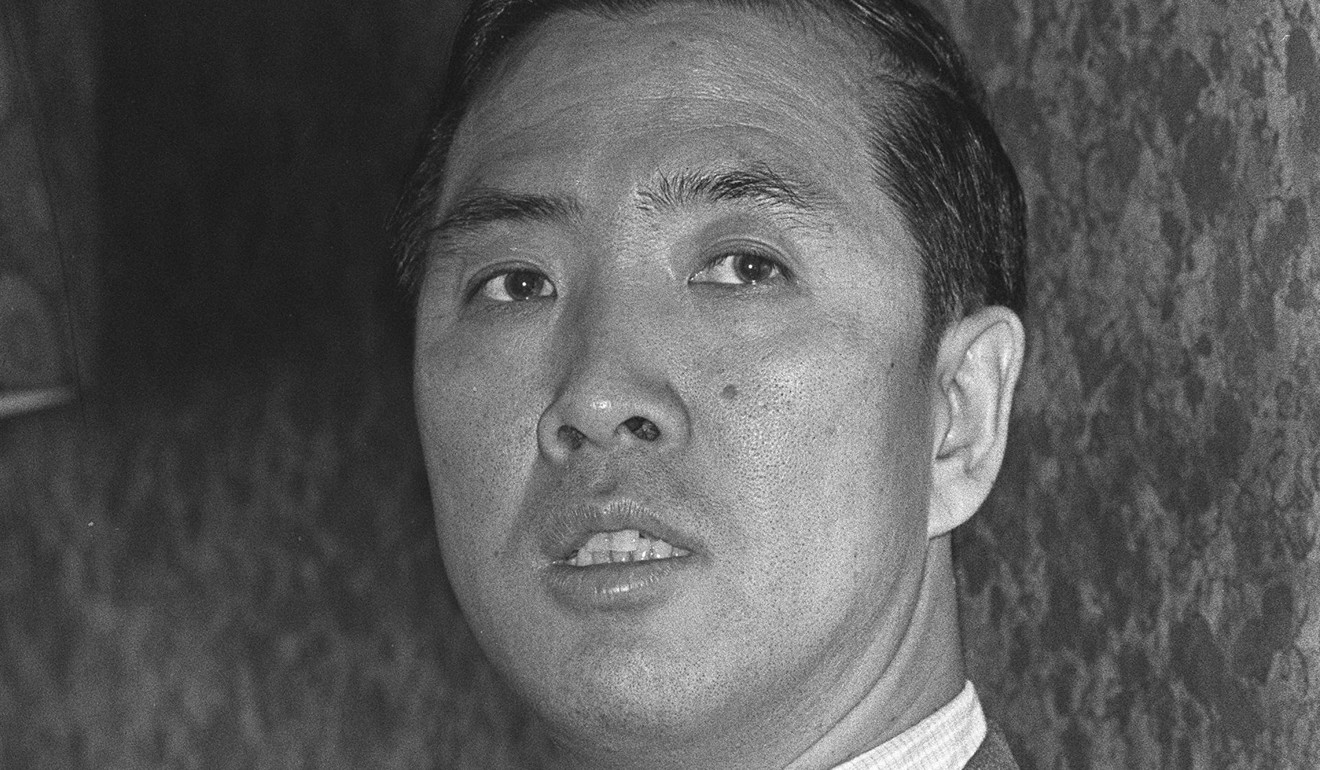
Lessons learned on sovereign power in Hong Kong crucial as Beijing shapes ‘one country two systems’ for Taiwan, expert says
- A new ‘Basic Law’ for Taiwan would have to clearly define Beijing’s sovereign rights and the island’s right to self-governance, associate professor Tian Feilong says
- But Taiwan’s President Tsai Ing-wen has already rejected Chinese President Xi Jinping’s plan for reunification
Lessons learned from the implementation of the “one country, two systems” formula in Hong Kong will be of great value to Beijing as it seeks to woo Taiwan into accepting the model for reunification with the mainland, a legal expert said.
Issues such as school textbooks and the right of final adjudication should be clearly defined as matters of sovereign power of the central government if a Basic Law is to be adopted for Taiwan, said Tian Feilong, associate professor of Beijing’s Beihang University and executive director of the university law school’s One Country Two Systems Legal Studies Centre.
Taiwan’s Tsai Ing-wen urged to stand aside by hardline pro-independence faction
Tian was commenting on a speech made by Chinese President Xi Jinping on Wednesday in which he urged Taiwan to reunite with the mainland under the one country, two systems model that has been implemented and tested in Hong Kong.
Xi was speaking at a meeting to commemorate the 40th anniversary of the end of military confrontation across the Taiwan Strait.
Tian said that if there was a Basic Law for Taiwan, it should clearly define the sovereign rights of the state and the “self-governance” rights of Taiwan.
“There will have to be a catalogue [to define] what are the sovereign rights of the State [which should include] the right of final adjudication [on legal matters] … as well as the power to lay down the general directions of education policies,” he said.
“For instance, school textbooks can be under the purview of Taiwan but the content may have to be subject to vetting by the central government,” he said. “The textbooks must carry messages that lean towards recognising [the sovereign rights] of the state but with the details negotiable.”
Beijing’s ever-changing approach to ‘renegade province’ Taiwan
Tian said the Basic Law of Taiwan would also have to spell out that the central government had the power of effective oversight over the island.
His comments reflected a growing wariness among Beijing leaders over the promotion of national education in Hong Kong and the rise of pro-independence voices in the territory in recent years.
Professor Yu Xintian, president of the Shanghai Institute for Taiwan Studies and one of the more than 20 experts on Taiwan affairs who attended Wednesday’s meeting, said Beijing solicited their views before Xi delivered his speech.
“The Taiwan model of one country, two systems that general secretary Xi proposed in the meeting is obviously different from that in Hong Kong. However, the two sides will have to sit down and discuss how different it would be,” Yu said.
“When [China’s former paramount leader] Deng Xiaoping talked about reunification [with Chinese-American scholar Winston Yang in 1983], he went as far as to say the name of the nation and the national flag could be changed,” she said.

Li Peng, head of Taiwan Research Institute at Xiamen University said negotiations would decide how the one country, two systems model would be applied to Taiwan.
“It will have to take the experience of Hong Kong into account. However, there will definitely be more room [for Taiwan] in designing the model,” he said.
“As long as the prerequisites such as national sovereignty, security and national interests are guaranteed, everything is possible and everything is negotiable,” Li said.
Xi Jinping urges Taiwan to follow Hong Kong model for unification
However, Wang Kung-yi, a professor of political science at Chinese Culture University in Taipei, said Beijing’s promises would be unlikely to impress Taipei, especially after what had happened in Hong Kong and Macau.
“Although Xi called for negotiation of a one country, two systems formula to suit Taiwan, most people here are still concerned whether Beijing would abide by its words and refrain from gradually retracting its promise of autonomy as it has done in Hong Kong and Macau,” he said.
Until Beijing implemented democratic reforms, the Taiwanese people would have no confidence that the Communist Party would agree to a federation, confederation or an even looser European type of union system, which would be more acceptable to them, Wang said.
On Wednesday, Taiwan’s pro-independence President Tsai Ing-wen rejected Xi’s proposal of one country, two systems saying the majority opinion in the island was against it.




